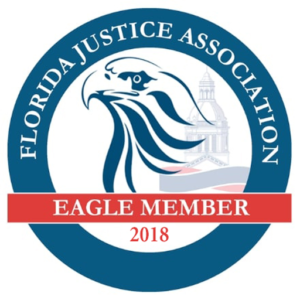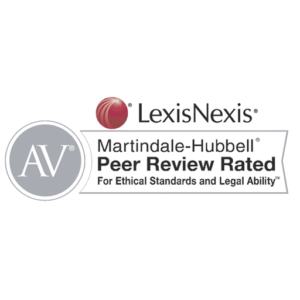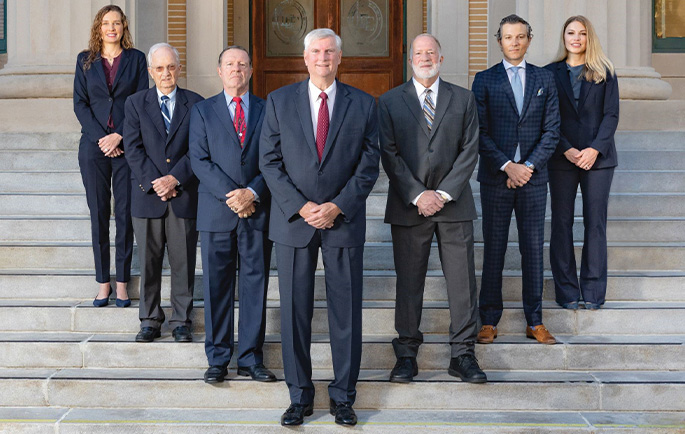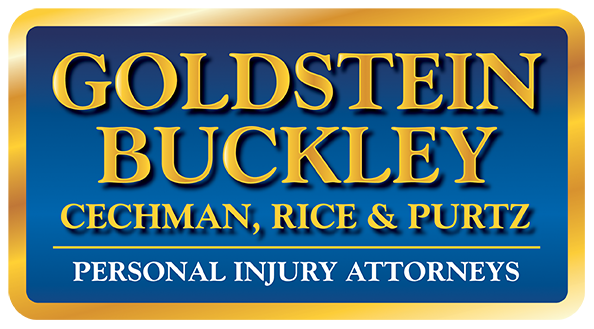Personal injury cases often involve complex legal procedures, and one critical phase is the deposition. After a deposition, many plaintiffs wonder how long it will take to reach a settlement. The duration varies depending on various factors unique to each case. In this guide, we’ll explore the deposition process, what happens afterward, and shed light on the timeline for settlement.




Understanding Deposition
Depositions are a crucial part of the discovery phase in a personal injury case. They involve sworn testimony from witnesses — including the plaintiff, defendant, and other relevant parties. Attorneys from both sides have the opportunity to ask questions and gather information crucial to the case. These questions typically cover personal details, medical history, the accident itself, injuries sustained, and their impact on the plaintiff’s life.
Preparing for a deposition is essential. Your attorney will guide you through the process, explaining what to expect and helping you practice responding to potential questions. It’s imperative to be truthful during a deposition, as dishonesty can lead to severe legal consequences, including charges of perjury.
Timeline for Settlement
After the deposition, the court reporter transcribes the proceedings, providing copies to all involved parties. Depending on the information gathered during the deposition, either side may request further documentation or schedule additional depositions. This phase aims to gather as much relevant information as possible to strengthen each party’s case.
The duration between a deposition and settlement varies widely. Some cases may see a resolution within days or weeks, while others may take months. Factors influencing this timeline include the complexity of the case, the extent of injuries, the willingness of parties to negotiate, and the backlog of cases in the legal system.
It’s important to note that while settlements are common in personal injury cases, not all cases reach this stage. In some instances, parties may fail to reach an agreement, leading the case to proceed to trial. However, statistics indicate that the majority of personal injury lawsuits are settled before reaching trial, with only a small percentage proceeding to court.
Encouraging Settlement
The information gathered during depositions can significantly influence the direction of a case. Strong evidence presented during this phase may prompt the opposing party to reconsider their position and opt for a settlement. Recognizing the strength of the case presented can incentivize the opposing party to avoid the risks associated with a trial and offer a reasonable settlement instead.
Key Considerations After Deposition
Once the deposition concludes and transcripts are distributed, both parties may engage in further information requests or scheduling additional depositions if necessary. This phase aims to ensure that all pertinent details are uncovered and adequately examined to bolster each side’s arguments.
However, beyond the immediate aftermath of the deposition, several factors can influence the timeline for reaching a settlement:
Case Complexity: Cases with multiple parties involved or intricate legal issues may require more time for negotiation and resolution.
Extent of Injuries: The severity of injuries and their long-term implications can impact the settlement timeline. Cases involving significant injuries may necessitate extensive medical evaluations and opinions — prolonging the process.
Negotiation Dynamics: The willingness of both parties to negotiate in good faith plays a significant role. If one side is reluctant to engage in meaningful discussions or adopts an adversarial stance, reaching a settlement may take longer.
Legal Strategy: Each party’s legal strategy and approach to the case can affect the pace of settlement discussions. Attorneys may need time to assess the strengths and weaknesses of their respective positions and formulate effective negotiation tactics.
Court Dockets: Court schedules and backlogs can influence the availability of trial dates and, consequently, the pressure on parties to settle beforehand.
Goldstein, Buckley, Cechman, Rice & Purtz, P.A. offers four attorneys who are board certified by the Florida bar in civil trial law, business litigation and construction law, as well as attorneys who are certified in civil trial advocacy by the National Board of Trial Advocacy.
Navigating a personal injury case can be challenging, especially when it comes to complex legal procedures like depositions and settlement negotiations. If you require assistance with your case, it’s crucial to seek the experience of qualified legal professionals.
At Goldstein, Buckley, Cechman, Rice & Purtz, P.A, our team of experienced attorneys is dedicated to assisting clients in personal injury matters.
Contact us today for a consultation to discuss your case and learn how we can help you pursue the compensation you deserve for your injuries and damages. Don’t navigate the legal process alone — let our experienced attorneys advocate for your rights and interests.
